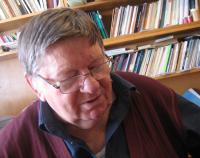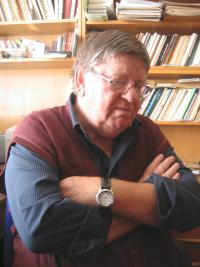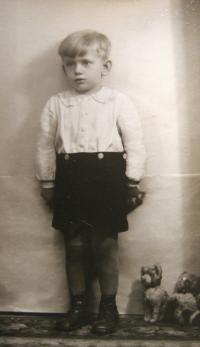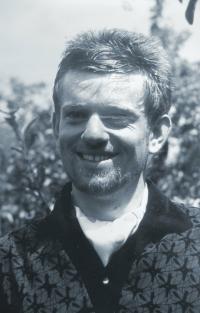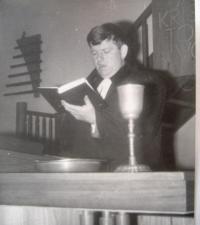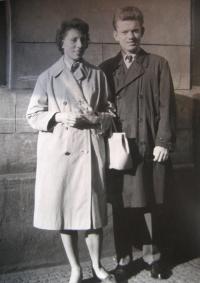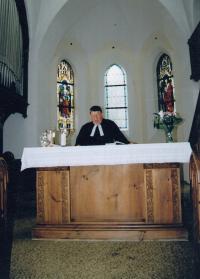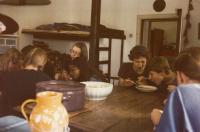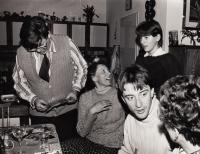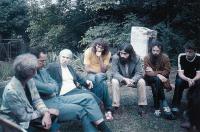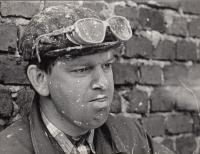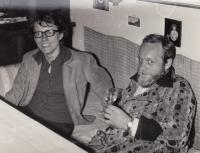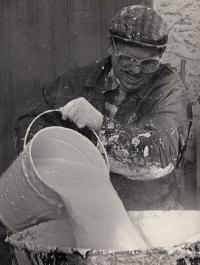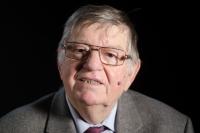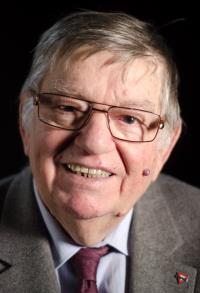You created herds of cattle, which having turned for a pot of meat, for cucumbers, melons, garlic, and onion did suffer Egyptian slavery

Download image
Pavel Hlaváč was born in 1939 in Kutná Hora, into a traditional Evangelical family. His father was arrested in the early 1950s and sentenced to two and a half years of prison in a trial with supporters of the anti-Communist resistance. The witness attended grammar school in Kutná Hora, took part in theology and philosophy workshops organised under cover of forest work trips by people around the illegal YMCA, and he then earned a degree at the Komenský Evangelical Theological Faculty. He served as a pastor in Prague, Nepomuk, and Proseč, he participated in both official and unofficial youth activities, he signed Charter 77 and the letter of the thirty-one members of the Evangelical Church of Czech Brethren to the Federal Assembly of the Czechoslovak Socialist Republic. He was repeatedly interrogated, and the whole of his large family was persecuted by State Security for many years. In 1988 he was stripped of state permission to serve as a pastor, in 1989 he founded the local branch of the Civic Forum in Proseč. He then worked at the Office for the Protection of the Constitution and Democracy, in the years 1991-1993 he headed the Department for Refugees at the Federal Ministry of the Interior; he also worked at the Office for the Documentation and Investigation of the Crimes of Communism. In 1991-1993 he served as the chairman of YMCA in Czechoslovakia and then the Czech Republic.
